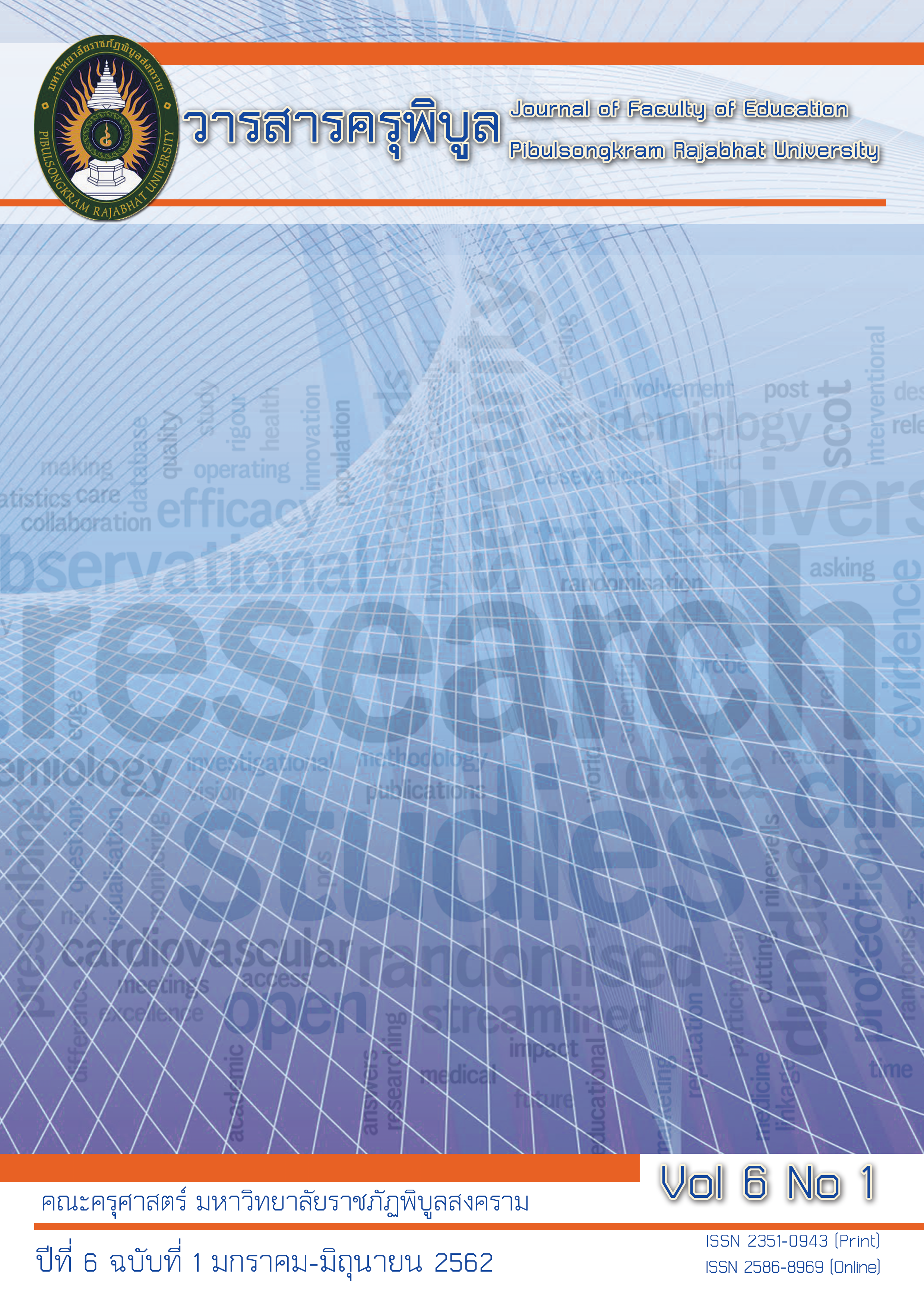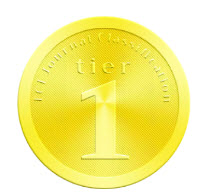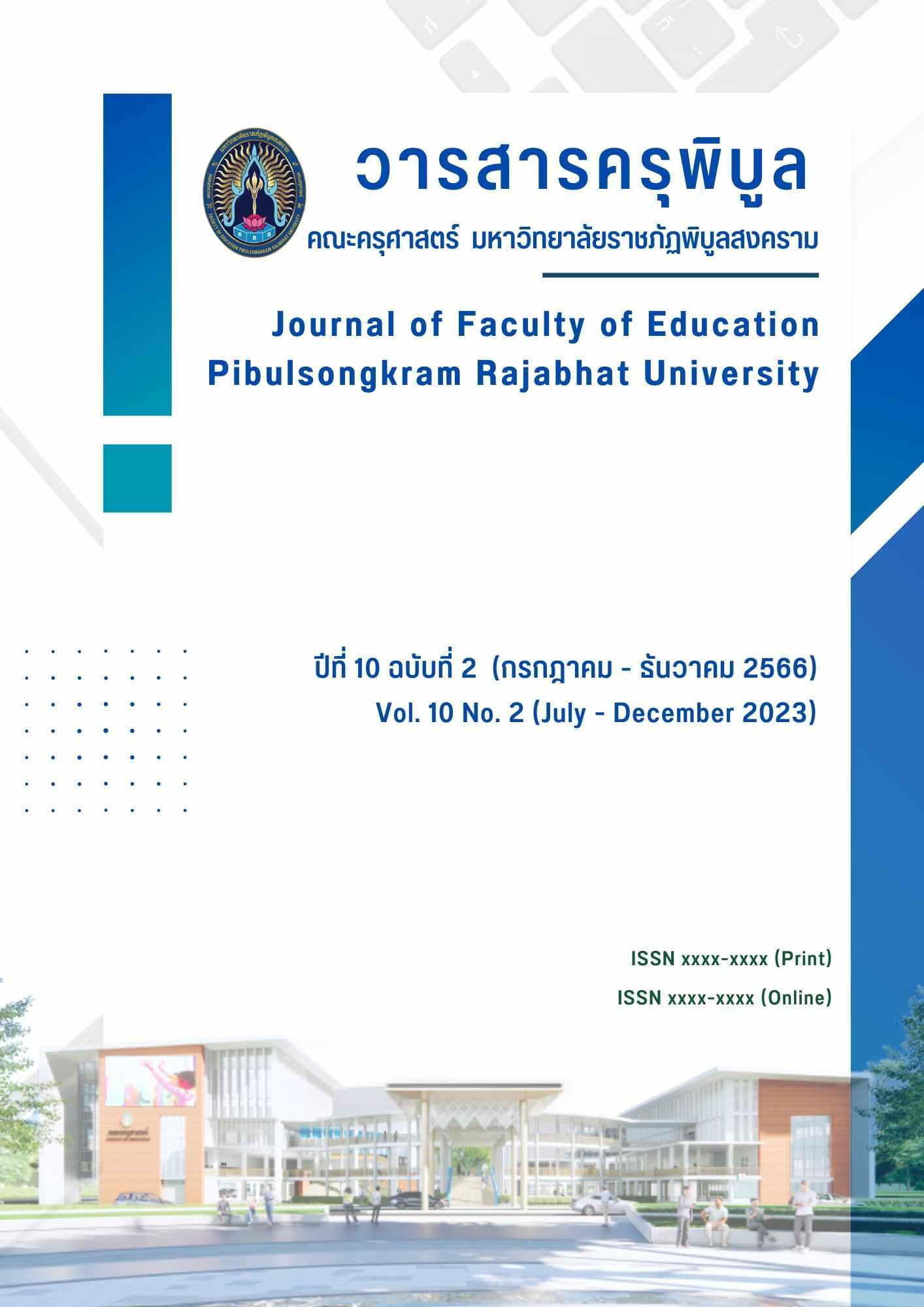A DEVELOPMENT OF CURRICULUM ENHANCING THE INSTRUCTIONAL LEADERSHIP FOR HEADS OF LEARNING AREA IN SCHOOL UNDER THE LOCAL GOVERNMENTS
DOI:
https://doi.org/10.14456/edupsru.2019.11Abstract
This research aimed to develop the enhancing Insturctional Leadership’s curriculum for heads of department in school under the local governments. There’re 4 steps of research and development, first: study about components of Insturctional leadership by literature review, interviewing 7 executives of purposive sampling then ask 291 administrator of school under the local governments based on multi-stage random sampling. Second: build and prove quality of curriculum. The suitability was proved by 5 executives of purposive sampling. Third: The trail of curriculum was applied to 24 head of department in school under the local governments.Forth: Evaluation of curriculum. Evaluation of comments about curriculum from respondents and follow the development of respondents after 1 month by interviewing administrators and coadjutors. The results was analyzed by statistic percentage, average number, standard deviation and Dependent Samples t-test.
The results found that components of Instructional leadership in school under the local governments include 4 things like leadership, learning tradition, academic strategy and management of course and students’ development. Build and prove of curriculum found that the trial curriculum has components include theory, objective, structure, way of activity, evaluation, emphasize academic leadership’s building, realize the value of works, realize to motivate and develop themselves driven by love in duty. Proving by executive showed that it has high suitability and all agreeable issue. Trial result was respondent had developed average in academic after trail with significant in statistic at 0.1 from all curriculum. The heads of department are a leader in creating learning culture. Creating the strategy of academic Including curriculum management and learning management to develop learners Including reflect on the idea of bringing the knowledge to the school curriculum reform of the school itself and motivation to modify and develop their own teaching behavior and teachers in the subject matter. Evaluation of curriculum found that there is high suitability for more respondent was success in training and can apply it to real work for spreading learning network in school. After following the result, I found that respondent has developed their leadership which support to teamwork in school such as enthusiastic, yearn to know, understanding and open mind in team, develop learning process, responsible in result following include curriculum and be appreciate from team and administrator.
References
จิติมา วรรณศรี. (2553). รายงานการวิจัยเรื่องภาวะผู้นำทางวิชาการของผู้บริหารสถานศึกษา. พิษณุโลก: คณะศึกษาศาสตร์ มหาวิทยาลัยนเรศวร.
จิติมา วรรณศรี. (2557). รายงานการวิจัยเรื่องความสัมพันธ์ระหว่างบทบาทของผู้บริหารกับประสิทธิผลของสถานศึกษาขั้นพื้นฐาน. พิษณุโลก: คณะศึกษาศาสตร์ มหาวิทยาลัยนเรศวร.
ฉันทนา จันทร์บรรจง. (2557). เทคนิคการพัฒนาองค์การสำหรับผู้บริหารสถานศึกษา. พิษณุโลก: คณะศึกษาศาสตร์ มหาวิทยาลัยนเรศวร.
ชัยฤทธิ์ โพธิสุวรรณ. (2548). การศึกษาผู้ใหญ่ปรัชญาตะวันตกและการปฏิบัติ. กรุงเทพฯ: มหาวิทยาลัยเกษตรศาสตร์.
ซามีซ์ แคมป์เบล สก็อต., เอลเลน. (2551). การพัฒนาภาวะผู้นำ (กมลวรรณ รามเดชะ และสุนีย์รัตน์ ลิมปนวิวิธ, ผู้แปล).กรุงเทพฯ: มิตรภาพการพิมพ์และสติวดิโอ จำกัด.
ทิศนา แขมมณีและคณะ. (2547). การวิจัยและพัฒนารูปแบบการปฏิรูปการเรียนรู้ทั้งโรงเรียน. กรุงเทพฯ: คณะครุศาสตร์จุฬาลงกรณ์มหาวิทยาลัย.
บุญเลี้ยง ทุมทอง. (2553). การพัฒนาหลักสูตร. กรุงเทพฯ: บริษัทแอคทีฟ พริ้น จำกัด.
พันโทหญิง รุ่งอรุณ วัฒยากร. (2559). ภาวะผู้นำ: กรณีศึกษาหมอชุมชนแห่งเมืองพล. (วิทยานิพนธ์ กศ.ด.): มหาวิทยาลัยนเรศวร, พิษณุโลก.
เพ็ญศรี จันทร์อินทร์. (2549). เอกสารตำรารายวิชาพฤติกรรมองค์การ. คณะวิทยาการจัดการ มหาวิทยาลัยราชภัฏกำแพงเพชร.
ไพฑูรย์ สินลารัตน์. (2554). การจัดการหลักสูตรและการสอน. กรุงเทพฯ: จุฬาลงกรณ์มหาวิทยาลัย.
ภาวัฒน์ พันธุ์แพ. (2546). ทฤษฎีผู้นำ. เชียงใหม่: ภาควิชาการจัดการ คณะบริหารธุรกิจ มหาวิทยาลัยพายัพ.
ยงยุทธ เกษสาคร. (2551). การพัฒนาบุคคลและการฝึกอบรม. กรุงเทพฯ: วี. เจ. พริ้นติ้ง.
ยนต์ ชุ่มจิต. (2550). ความเป็นครู (พิมพ์ครั้งที่ 4). กรุงเทพฯ: โอ. เอส. พริ้นติ้ง เฮ้าส์.
รัตติกรณ์ จงวิศาล. (2556). ภาวะผู้นำ: ทฤษฎี การวิจัย และแนวทางสู่การพัฒนา. กรุงเทพฯ: โรงพิมพ์แห่งจุฬาลงกรณ์มหาวิทยาลัย.
วิชัย วงษ์ใหญ่. (2537). กระบวนการพัฒนาหลักสูตรและการเรียนการสอนภาคปฏิบัติ. กรุงเทพฯ: สุวีริยาสาส์น.
วิทิตา สุขทั่วญาติ. (2557). รูปแบบการพัฒนาภาวะผู้นำทางวิชาการในทศวรรษหน้าของผู้บริหารสถานศึกษา สังกัดสำนึกงานเขตพื้นที่การศึกษามัธยมศึกษา. (วิทยานิพนธ์ กศ.ด.): มหาวิทยาลัยนเรศวร, พิษณุโลก.
ศักรินทร์ ชนประชา. (2557). ทฤษฎีการเรียนรู้ผู้ใหญ่: สิ่งที่ครูสอนผู้ใหญ่ต้องเรียนรู้. วารสารศึกษาศาสตร์ มหาวิทยาลัยสงขลานครินทร์ วิยาเขตปัตตานี, 25(3), 13-23.
สตีเฟน อาร์ โควีย์. (2548). 7 อุปนิสสัยสำหรับผู้ทรงประสิทธิผลยิ่ง (นภดล เวชสวัสดิ์, ผู้แปล). กรุงเทพฯ: สำนักพิมพ์ดีเอ็มจี.
สถาบันพัฒนาครู คณาจารย์ และบุคลากรทางการศึกษา. (2550). รายงานประจำปี.
สถาบันพัฒนาความก้าวหน้า. (2553). ยุทธศาสตร์การพัฒนาวิชาชีพผู้บริหารสถานศึกษาตามหลักเกณฑ์ใหม่. กรุงเทพฯ: เอส. พี. เอ็น. การพิมพ์.
สมเกียรติ พละจิตต์. (2555). ภาวะผู้นำทางวิชาการในโรงเรียนดีเด่น: การศึกษาเพื่อสร้างทฤษฎีฐานราก. (วิทยานิพนธ์ ปร.ด.): มหาวิทยาลัยราชภัฎสกลนคร, สกลนคร.
สำนักงานคณะกรรมการข้าราชการครูและบุคลากรทางการศึกษา. (2553). หลักเกณฑ์และวิธีการพัฒนาข้าราชการครูและบุคลากรทางการศึกษาก่อนแต่งตั้งให้ดำรงตำแหน่งผู้อำนวยการสถานศึกษา. วารสารข้าราชการครูและบุคลากรทางการศึกษา, 30(1), 30-32.
แอนนี. อี. โบยาทซิส แมคคี, ริชาร์ด. และ จอห์นสตัน, ฟรานซ์. (2555). คู่มือพัฒนาภาวะผู้นำ (ประณยา จองบุญวัฒนา, ผู้แปล). กรุงเทพฯ: ส.เอเซียเพรส (1989) จำกัด.
A.J. DuBrin. (1995). Leadership: research findings, practice and skills. Boston: Houghton.
Drake Thellbeert L. and William H. Roe. (1986). The Principalship. New York: Free Press.
Edward L. Deci James P. Connell and Richard M. Ryan. (1989). Self-Determination in a Work Organization. Journal of Applied Psychology., 74(4), 580-590.
Elaine K. McEwan. (2003). Seven Steps to effective instructional leadership. USA: Corwin Press.
Greenberg Jerald and Baron Robert A. (1997). Behabior in Organization (6th ed.). New York: Prentice Hall.
J.H. Clarke. (1990). Patterns of Thinking: Integrating Learning Skills in Content Teaching. Boston: Allyn and Bacon.
John W. Gardner. (1990). On Leadership. New York: The free Press.
Richard L. Daft. (1991). Leadership: Theory and Practice. New York: The Dryden Press Harcourt Brace College Publishers.
Yukl .Gary A. (1998). Leadership in Organizations. (2nd ed.). New Jersey: Prentice Hall.




